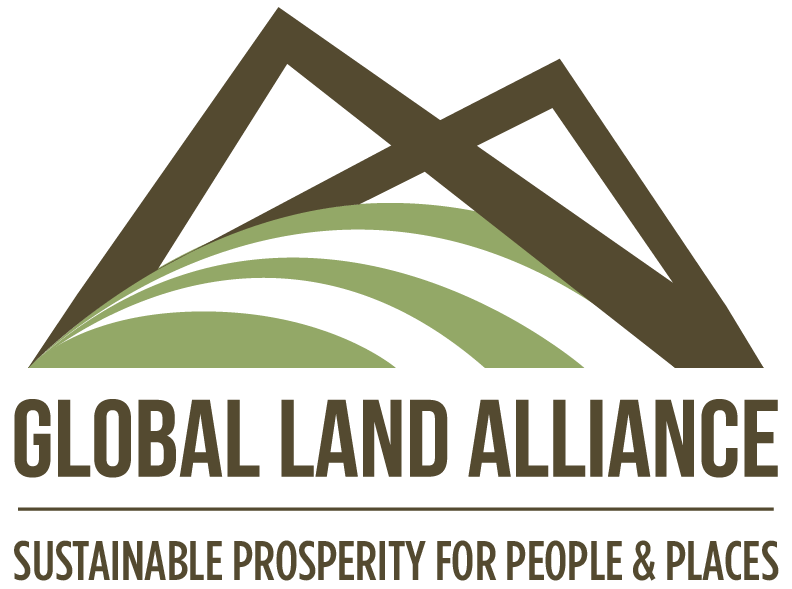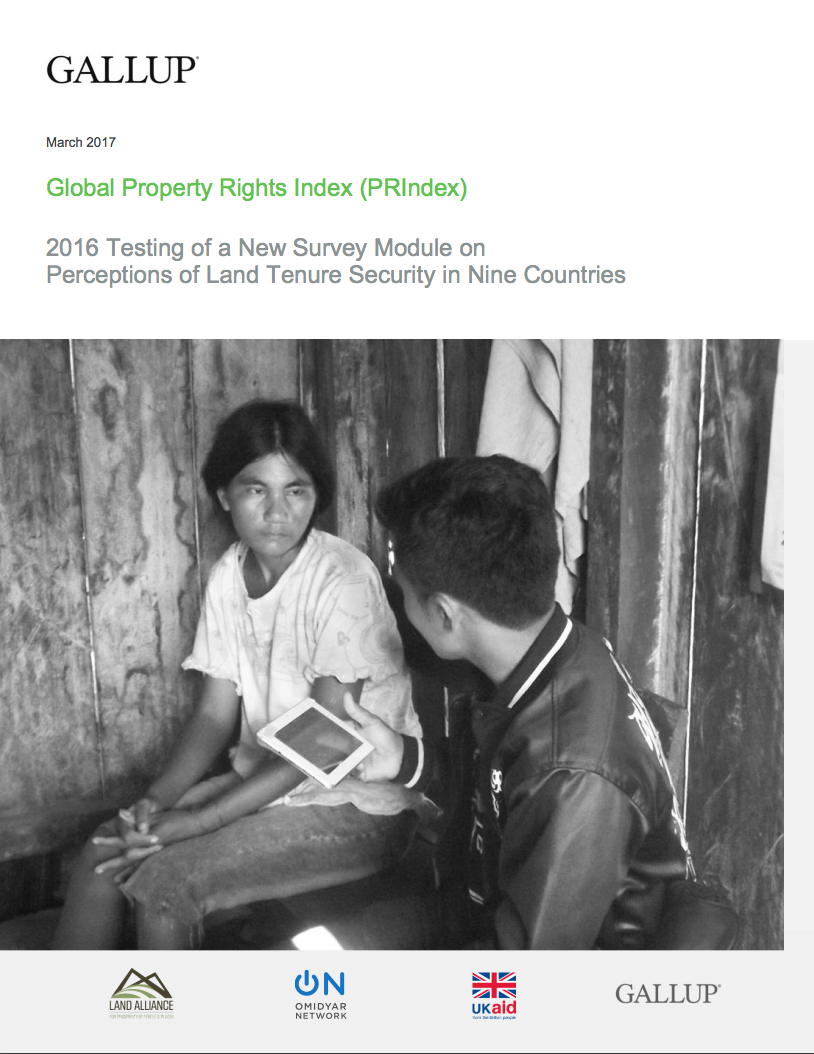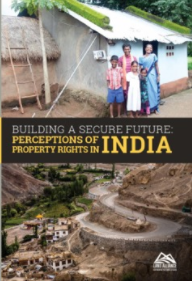Location
The mission of Global Land Alliance is to enable the prosperity of people and places by advancing learning and practice to achieve land tenure security and the efficient, inclusive and sustainable use of land and natural resources.
We aim to accelerate quality development by resolving land issues with new paradigms of participation and accountability. We are a think-and-do tank focused on resolving land issues to address four critical development challenges:
- Food security and the challenge of sustainable food systems.
- Environment and the challenge of sustainable ecosystems.
- Urbanization and the challenge of sustainable cities.
- Conflict and the challenge of sustainable peace.
Global Land Alliance takes the traditional think tank model a step forward, not only producing new understanding and recommendations based on on-the-ground perspectives of citizens, community leaders and businesses, but also channeling those learnings toward practical implementation at scale. By scaling and speeding up resolution of land issues, we can scale up and speed up improved results in the big issues of our time: urbanization, food security, environmental sustainability and peace.
Global Land Alliance is committed to finding solutions to the complex development challenges of cities, rural landscapes and forests through the power of allying local, national and international resources in innovative ways. We seek to harness the values inherent in land, place and natural resources to drive socially inclusive and ecologically-grounded development. We act as a catalyst for change by mobilizing local action, managing knowledge, driving accountability, and developing long-term capacities. We seek to be a positive disrupter of status quo situations that keep people in poverty and insecurity, misuse resources and inhibit local growth.
Members:
Resources
Displaying 16 - 20 of 29Global Property Rights Index (PRIndex)
This report presents results from nationally representative surveys with 1,000 residents aged 15 and older in eight countries — Brazil, Colombia, Egypt, Greece, Indonesia, Nigeria, Peru and Tanzania — and with 3,000 residents in India. Each survey attained comprehensive coverage of both urban and rural areas of the country using multi-stage stratified cluster sampling.1 Standardized interviewer and supervisor training, as well as robust validation of data collection/data entry, help to ensure rigorous quality standards.
Global Property Rights Index (PRIndex)
This report presents results from nationally representative surveys with 1,000 residents aged 15 and older in eight countries — Brazil, Colombia, Egypt, Greece, Indonesia, Nigeria, Peru and Tanzania — and with 3,000 residents in India. Each survey attained comprehensive coverage of both urban and rural areas of the country using multi-stage stratified cluster sampling.1 Standardized interviewer and supervisor training, as well as robust validation of data collection/data entry, help to ensure rigorous quality standards.
Global Property Rights Index (PRIndex)
This report presents results from nationally representative surveys with 1,000 residents aged 15 and older in eight countries — Brazil, Colombia, Egypt, Greece, Indonesia, Nigeria, Peru and Tanzania — and with 3,000 residents in India. Each survey attained comprehensive coverage of both urban and rural areas of the country using multi-stage stratified cluster sampling.1 Standardized interviewer and supervisor training, as well as robust validation of data collection/data entry, help to ensure rigorous quality standards.
Global Property Rights Index (PRIndex)
This report presents results from nationally representative surveys with 1,000 residents aged 15 and older in eight countries — Brazil, Colombia, Egypt, Greece, Indonesia, Nigeria, Peru and Tanzania — and with 3,000 residents in India. Each survey attained comprehensive coverage of both urban and rural areas of the country using multi-stage stratified cluster sampling.1 Standardized interviewer and supervisor training, as well as robust validation of data collection/data entry, help to ensure rigorous quality standards.
Building a secure future: perceptions of property rights in India
The idea behind this initial survey is simple: to find out if people in India are worried about their existing property rights or lack of them - whether women or men, owners or tenants, in cities or in villages. The survey results reveal that insecurity of property rights is widespread in India.



